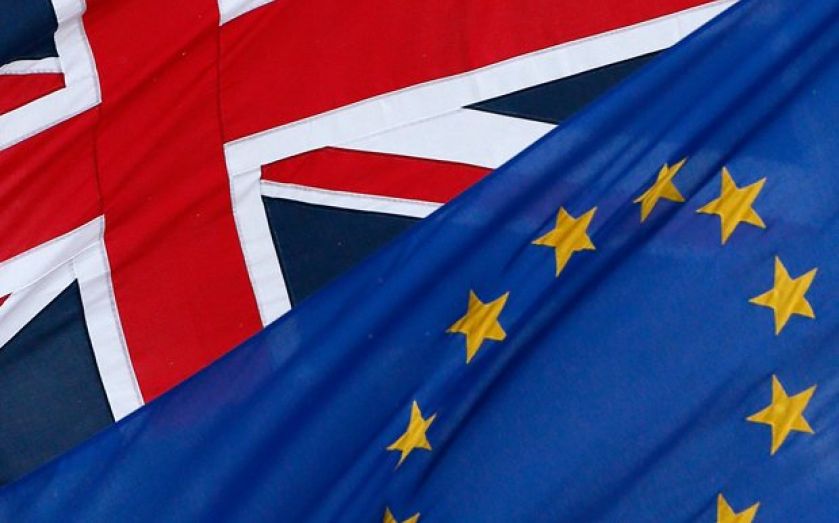Beware the corporate grandees who claim Brexit would cost Britain dear

ONE OF the chief arguments of those who are keen to maintain the status quo with regard to the EU is that a huge number of jobs is bound up with the continuation of the UK’s membership, not just in the City but throughout the whole economy. In the UK, both the present coalition government and the previous Labour government have said that 3.5m jobs are linked directly and indirectly to the export of goods and services to the European Union. Several other sources have come up with similar figures.
It is true that very many jobs are connected with trade with the EU. As so often with economics, though, the issue is not about the precise number – 3.5m, or 3.9m, or 2.8m – but rather with the concepts underlying the estimate. The number of jobs concerned with exports to the EU is not the same thing as the number of jobs which would disappear if EU membership were to end.
First, there would be powerful incentives, on both sides, to ensure that considerable UK-EU trade continued after any break. More importantly, as I argue in my new book The Trouble with Europe, the economic case for EU exit is that the whole gamut of economic consequences that flow from EU membership, including the ludicrously intrusive flood of regulations, harm economic growth and prosperity. If this is right, then outside the EU, the UK stands the chance of being more prosperous. More prosperity translates into more jobs – even if they aren’t exactly the same jobs that exist today.
The issue of trade and employment bedevils the lobbying by various business groups in favour of continued EU membership. Typically, some grand, lavishly-paid, corporate panjandrum, often bedecked with some gong or other, and speaking as the chairman of this, that or some other business organisation, opines to the effect that EU membership is vital to their business and, by extension, to the whole of the UK economy. There they are, having been throughout their life immersed in widgets, or insurance, or water management, and now in their 60s, given a position of power and prestige, newly able to pronounce on the state of the world beyond the widget.
For instance, in May 2013, a group of prominent and distinguished business people wrote a letter to the newspaper The Independent, accusing eurosceptic MPs of “putting politics before economics” by calling for Britain’s withdrawal from the European Union. This letter said that “the economic case to stay in the EU is overwhelming,” and that EU membership is worth as much as £92bn a year to Britain.
We should beware of such wisdom. The economic case to stay in the EU, just like the economic case to come out, is far from overwhelming. The arguments need to be carefully weighed, leading to a balanced judgement. With a few honourable exceptions, such corporate wizards should go back to their widgets, insurance, water management or whatever, and leave the issues of national economic and political management alone.
The essential problem is that, in so far as they can accurately assess the interests of the current widget making industry, or their own part of it, they cannot judge how the widget industry will change, whether or not there will be any need for widgets in five years’ time, or whether, if there is, widgets will all come from China. Nor can they speak for the widget manufacturers, still less the manufacturers of widget substitutes, as yet unborn.
Most importantly, they cannot speak for the huge part of the economy, the dominant part, which has nothing whatever to do with making widgets, and yet is still profoundly affected by the EU and its various interferences.
The essence of economics is substitution and uncertainty. The essence of successful economic policy-making is to fully recognise the latter and to give full rein to the former. This has little relevance to the widget-making processes so well-known by Sir Thingumy Whatnot.
Roger Bootle is managing director of Capital Economics. This is an extract from his new book The Trouble with Europe, published by Nicholas Brealey Publishing.